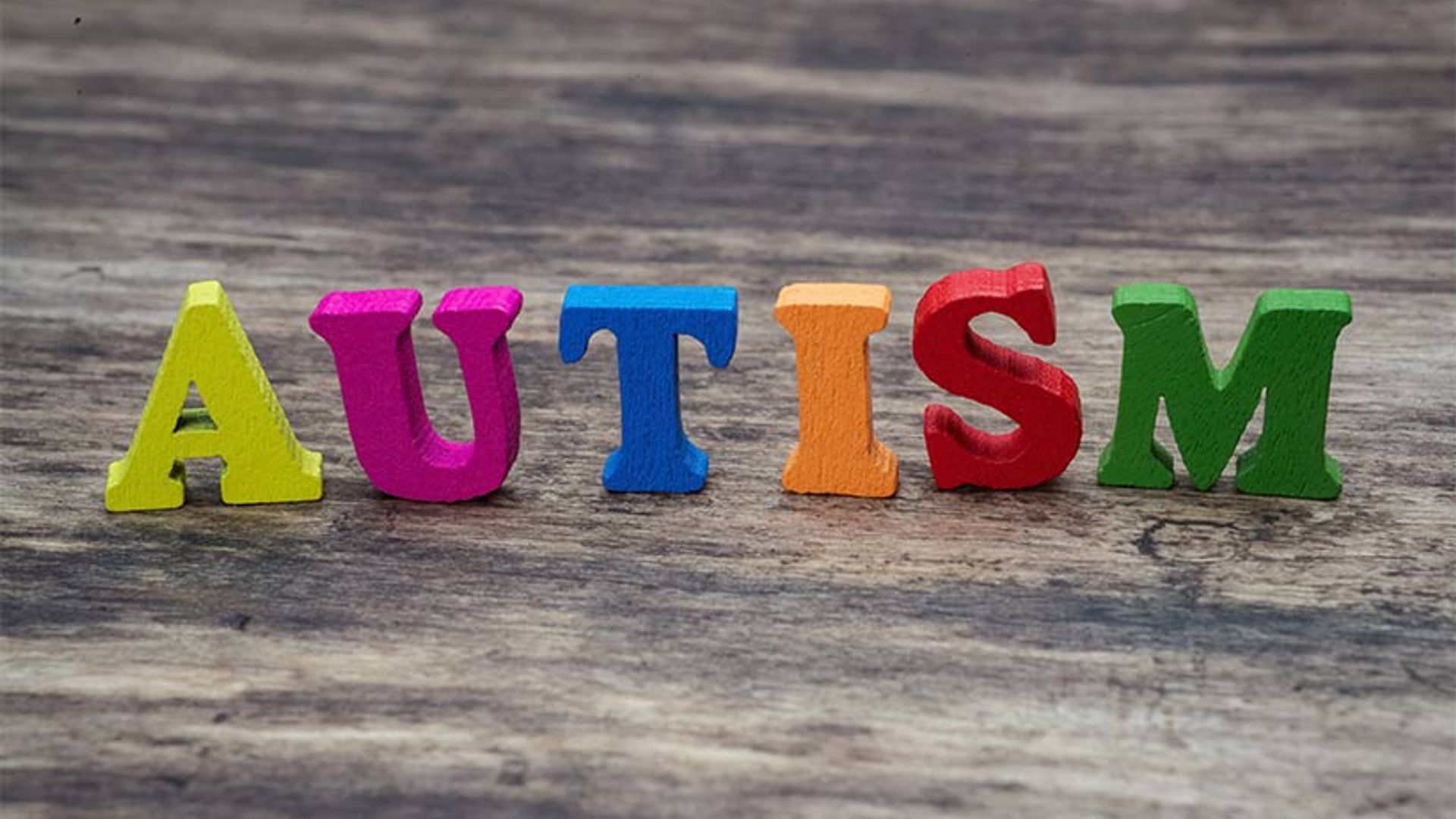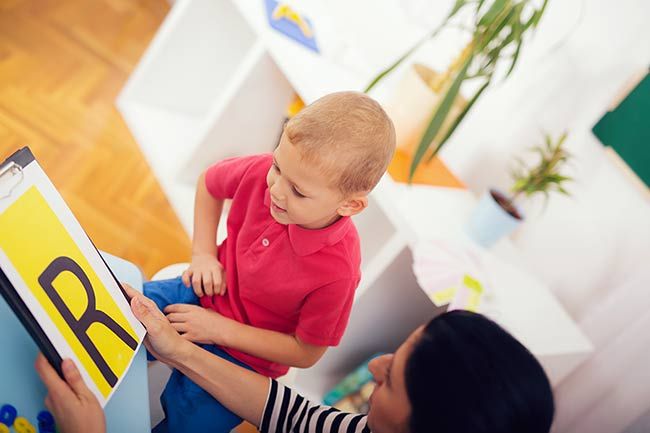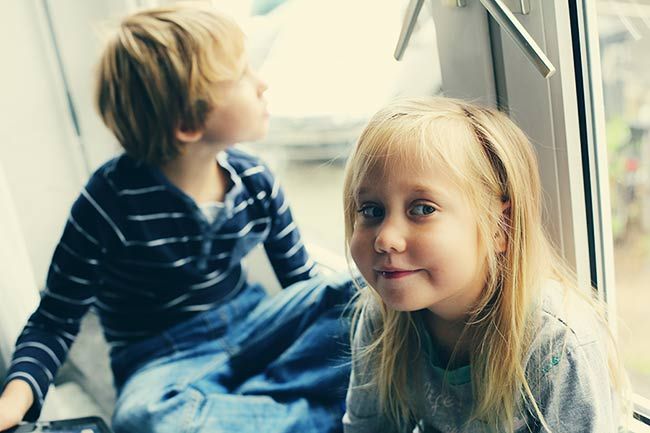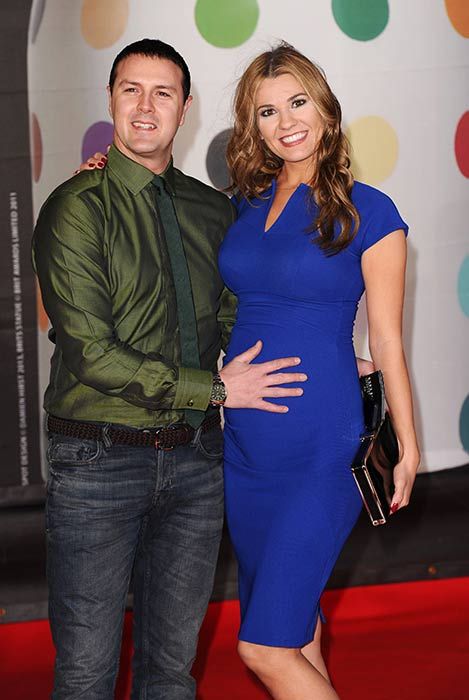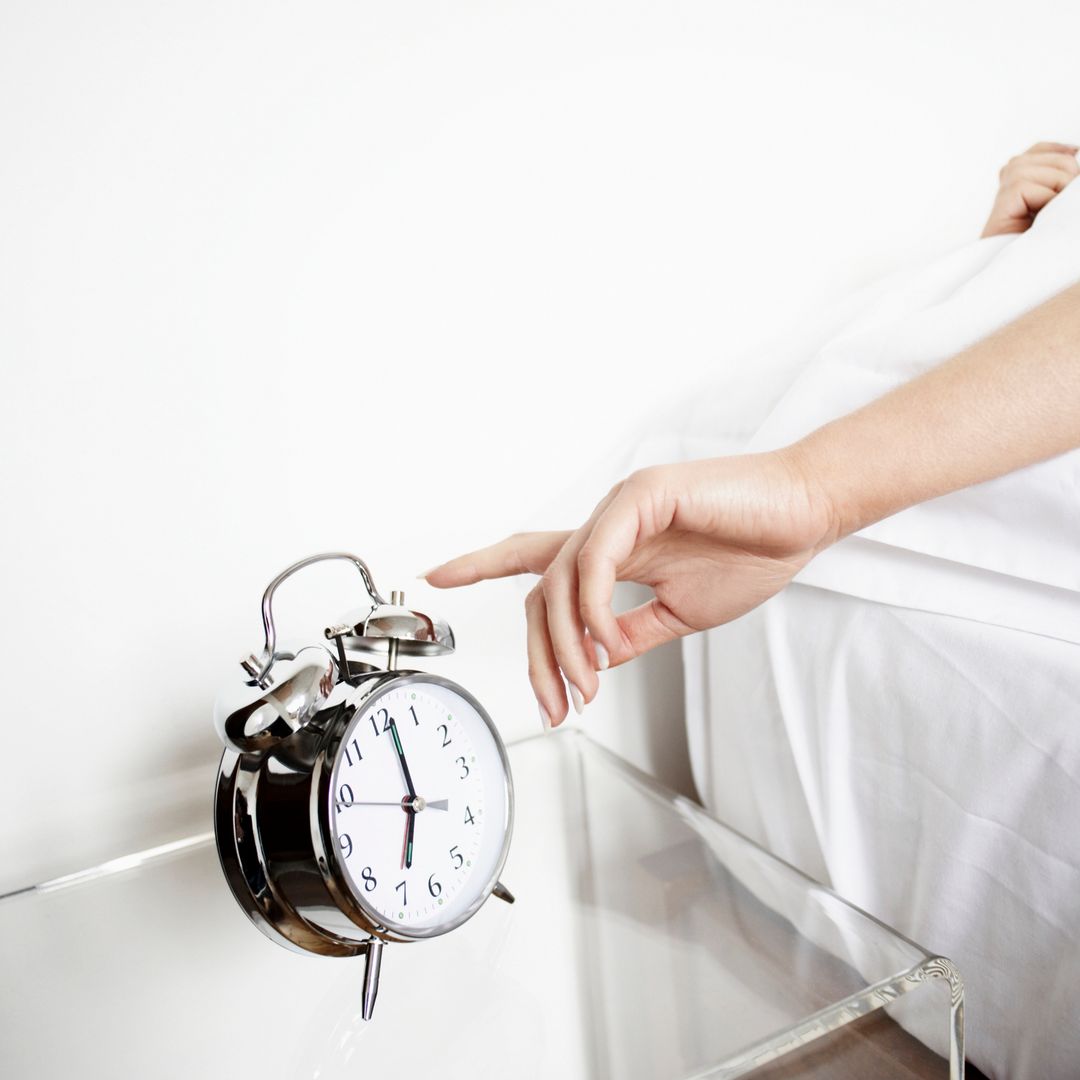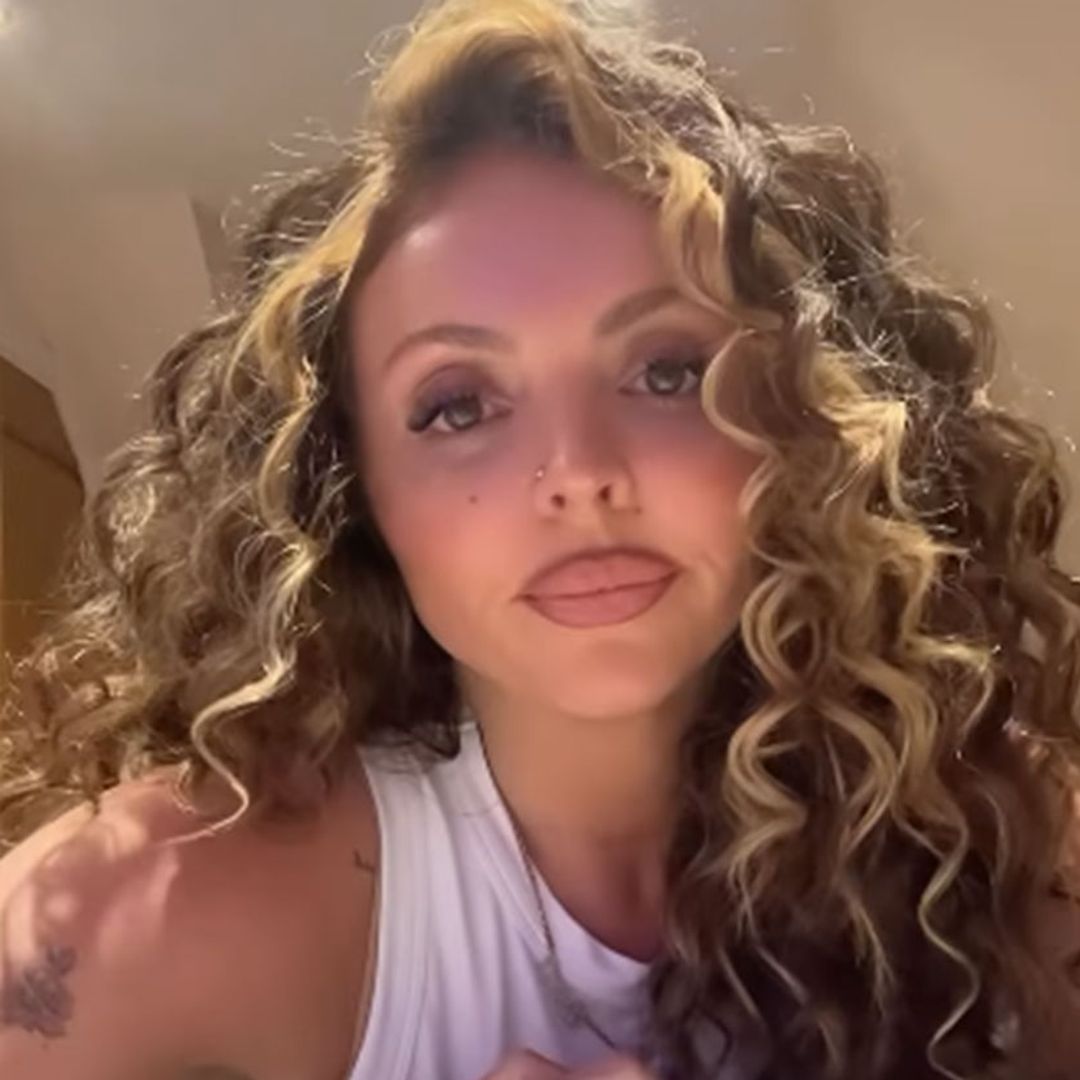Autism has been making headlines after Paddy McGuinness' wife Christine revealed their four-year-old twins have been diagnosed with the condition, which affects around 700,000 people in the UK according to the National Autistic Society (NAS). However despite more than 1 in every 100 Brits living with autism, it is still often misunderstood. We've rounded up everything you need to know about the signs and symptoms to look out for.
STORY: Paddy McGuinness' wife reveals their twins have autism
What is autism?
Autism is a lifelong developmental disability that affects how people perceive the world and interact with others. The NAS says that "autistic people see, hear and feel the world differently to other people" and stresses that autism is "not an illness or disease and cannot be 'cured'."
A child with autism may be referred to a speech therapist
How common is autism?
There are around 700,000 people in the UK living with autism – more than 1 in 100. It can affect people from all nationalities and backgrounds, but appears to affect more men than women.
What are the symptoms of autism?
The main features of autism spectrum disorder (ASD) are problems with social communication and interaction. The NHS says the below are some of the main symptoms to look out for:
Spoken language
- delayed speech development (for example, speaking less than 50 different words by the age of two), or not speaking at all.
- frequent repetition of set words and phrases.
- speech that sounds very monotonous or flat.
- preferring to communicate using single words, despite being able to speak in sentences.
MORE: See the latest health features here
Responding to others
- not responding to their name being called, despite having normal hearing.
- rejecting cuddles initiated by a parent or carer (although they may initiate cuddles themselves).
- reacting unusually negatively when asked to do something by someone else.
Autism may affect how children interact with others
Interacting with others
- not being aware of other people's personal space, or being unusually intolerant of people entering their own personal space.
- little interest in interacting with other people, including children of a similar age.
- not enjoying situations that most children of their age like, such as birthday parties.
- preferring to play alone, rather than asking others to play with them.
- rarely using gestures or facial expressions when communicating, and avoiding eye contact.
Behaviour
- having repetitive movements, such as flapping their hands, rocking back and forth, or flicking their fingers.
- playing with toys in a repetitive and unimaginative way, such as lining blocks up in order of size or colour, rather than using them to build something.
- preferring to have a familiar routine and getting very upset if there are changes to this routine.
- having a strong like or dislike of certain foods based on the texture or colour of the food as much as the taste.
- unusual sensory interests – for example, children with ASD may sniff toys, objects or people inappropriately.
Christine McGuinness revealed her twins have autism
How is autism diagnosed?
See your GP or health visitor if your child is starting to show symptoms of autism spectrum disorder (ASD) or you are worried about their development. If appropriate, your GP will refer you to a specialist who will be able to make a more in-depth assessment based on the range of features your child is showing.
For most children information will be needed from your GP, nursery or school staff, plus speech and language and occupational therapists about your child's development, health and behaviour. A detailed physical examination will also be carried out to rule out other possible causes of your child's symptoms such as an underlying condition like neurofibromatosis or Down's syndrome.
Treating autism spectrum disorder:
There is no 'cure' for autism spectrum disorder (ASD), but there are a range of specialist treatments that aim to improve communication skills and help with educational and social development. Any intervention should focus on important aspects of your child's development such as –
- Communication skills
- Social interaction skills
- Imaginative play skills
- Academic skills
Read the latest parenting features here.
